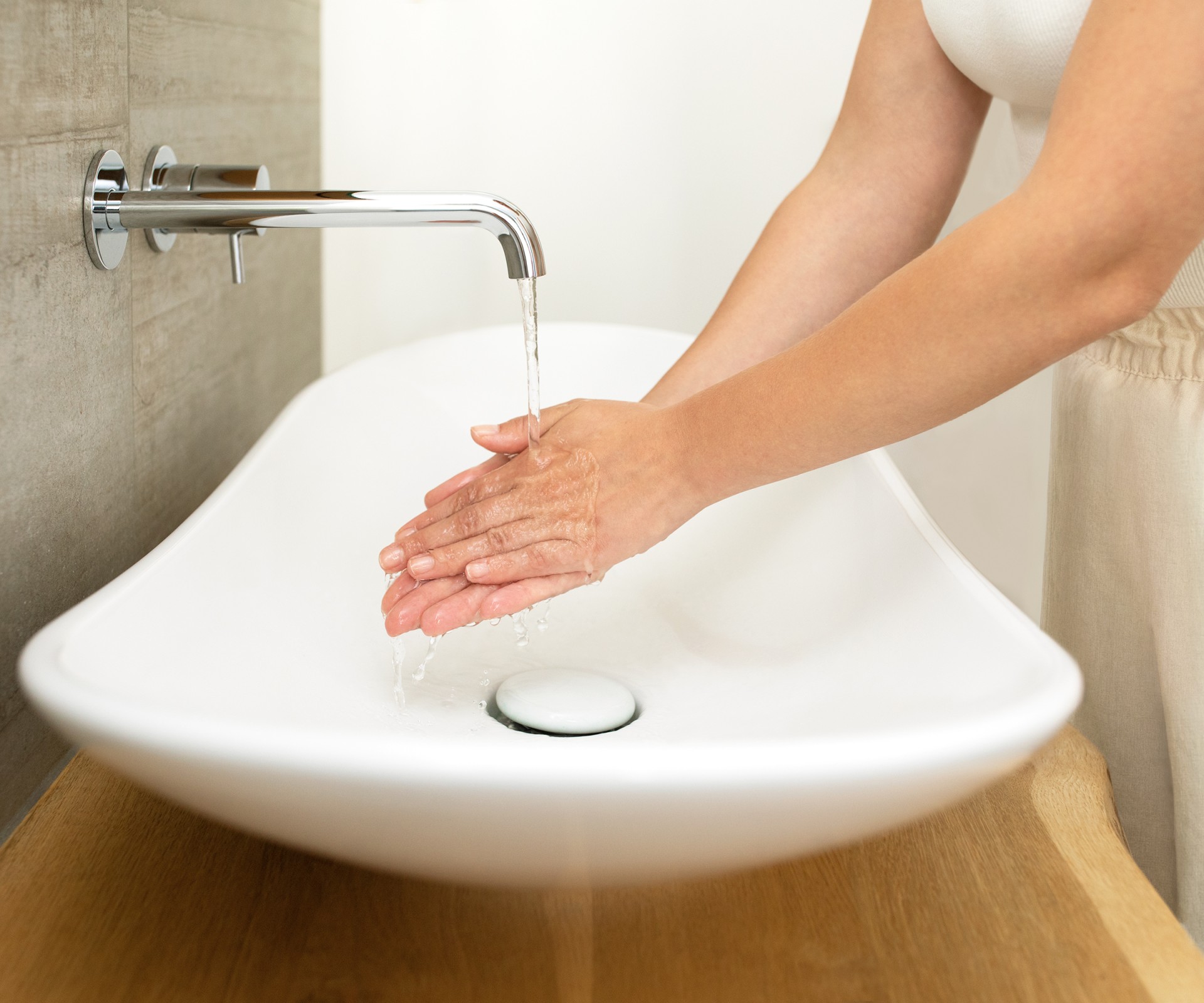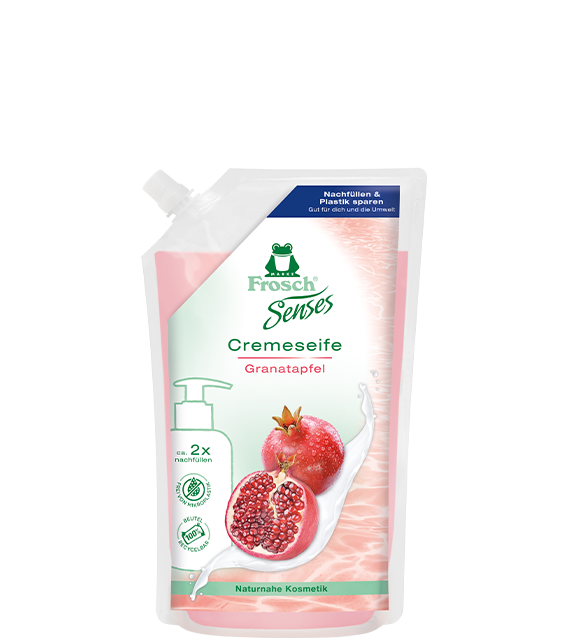
Washing your hands is easy, but do it properly
Since the start of the pandemic, hand washing has once again become a special focus of attention. But we should all be aware that washing your hands thoroughly and regularly is not only important at times of high risk.
When you come home
When you get home after being on the bus, from shopping or from work, the first thing you should do is wash your hands. Everywhere you are in public, your hands come into contact with germs. Washing your hands thoroughly reduces the risk of infection.
While you cook
When preparing food, you should wash your hands before and after each new step. This way you prevent the spreading of germs as well as diseases. And don't just wash your hands, wash everything you prepare: fruits, vegetables, meat and fish. This makes it less likely for germs to spread on the chopping board.
After sneezing, coughing & blowing your nose
You should also wash your hands thoroughly after sneezing, coughing and blowing your nose. Germs from your throat and nose get on your hands and spread to surfaces such as door handles, tabletops and your mobile phone, putting you and those around you at risk. And speaking of the people around you: Always turn away from other people when sneezing and cough into the crook of your elbow.
How do I wash my hands properly?
- Hold your hands under running water and wet them up to the wrist. The temperature of the water does not matter.
- Turn off the tap and lather your hands thoroughly for at least 20 seconds.
- Make sure you don't forget the tips of your fingers and your thumbs, which are often particularly dirty and full of germs.
- Now rub the soap into your hands, including the spaces between your fingers.
- Rinse off the soap thoroughly and dry your hands well. You can then moisturise your hands.


